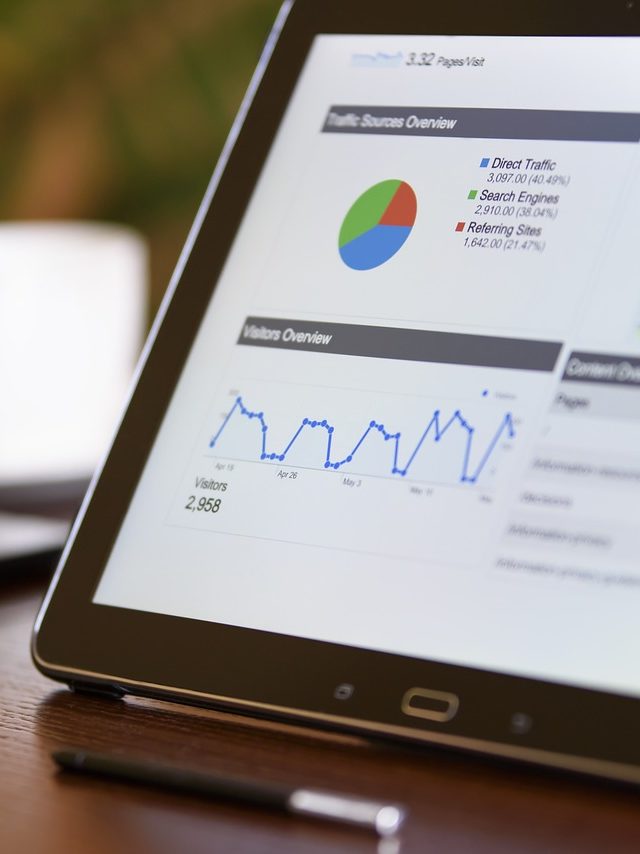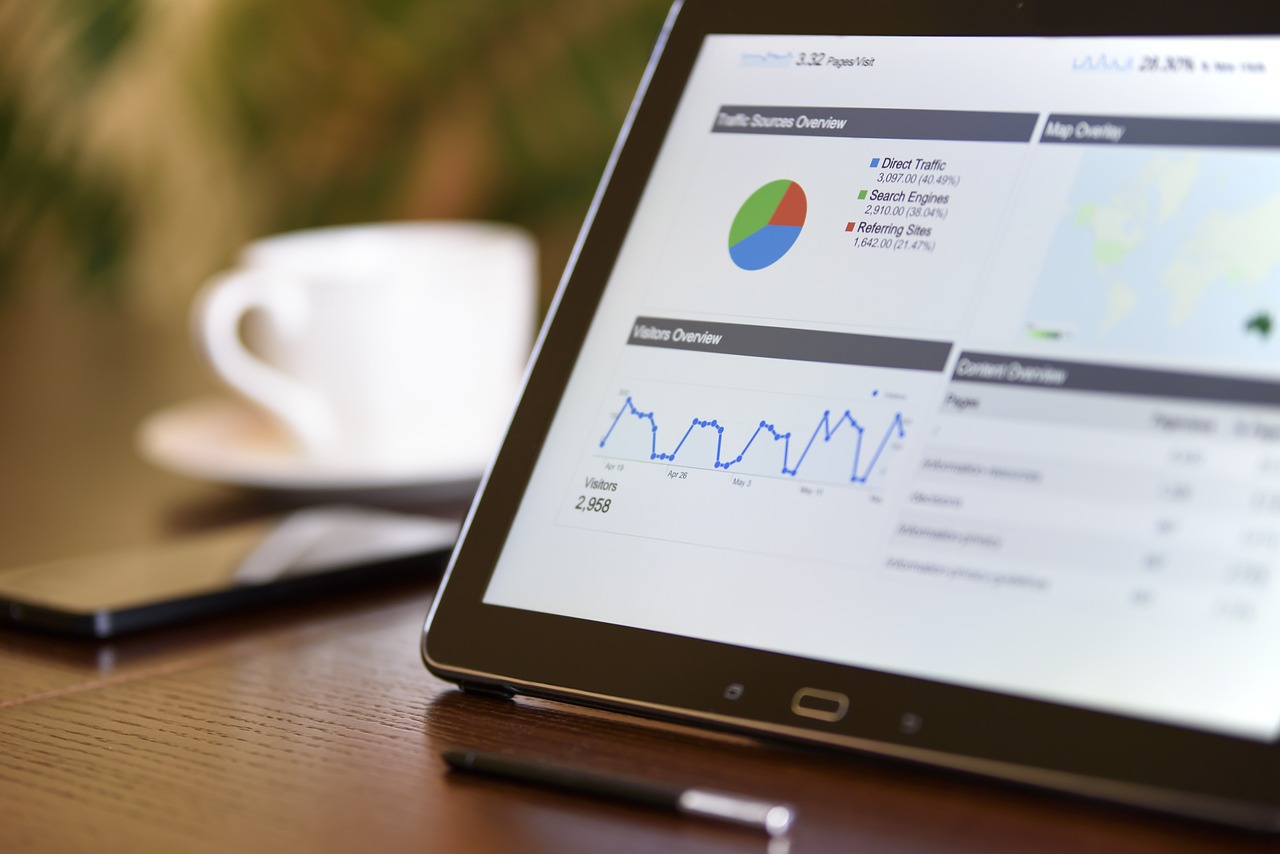
Nowadays, social media plays an essential role in the business and marketing world, and the B2B sector is no exception. Social media platforms offer B2B companies unique opportunities to establish connections, strengthen their online presence, and generate qualified leads.
However, to succeed on social media as a B2B company, it is crucial to understand user trends and behaviors, as well as the impact of different marketing actions. Some statistics are always helpful in refining a marketing strategy and achieving business goals more effectively.
According to CMO Survey
- B2B product brands allocated 14.7% of their marketing budget to social media in 2022.
- On their side, B2B service companies allocated 18.3% of their marketing budget to social media.
- Social media’s contribution to business performance increased by 17.7% in the last year.
According to Hootsuite
- 31.3% of Internet users use social media for business-related research.
- 22.7% of Internet users use social media for work-related communication and research.
According to Content Marketing Institute
- 95% of B2B content marketers use social media to distribute content, making it the most popular distribution method.
- 96% of these marketers use LinkedIn for content marketing.
- Followed by Facebook at 76%.
- 83% of B2B content marketers use social media ads and/or sponsored posts in their strategy.
- 74% of B2B organizations use social media analytics to measure content performance.
- In terms of content, 48% of marketers reported that in-person events yielded the best results for their content marketing.
- Closely followed by virtual events at 47%.
According to Gartner
- By 2025, 80% of B2B sales interactions will occur on digital channels.
- B2B buyers spend 27% of their time on independent online research when considering a purchase, compared to only 5-6% of their time with a sales representative.
- In fact, 44% of B2B Gen Y customers prefer not to interact with a sales representative at all.
These statistics highlight the growing importance of strategically using social media platforms to generate leads, develop professional connections, and measure performance. Social media undoubtedly plays an increasingly crucial role in the success of businesses, especially in the context of content marketing and B2B interactions.

